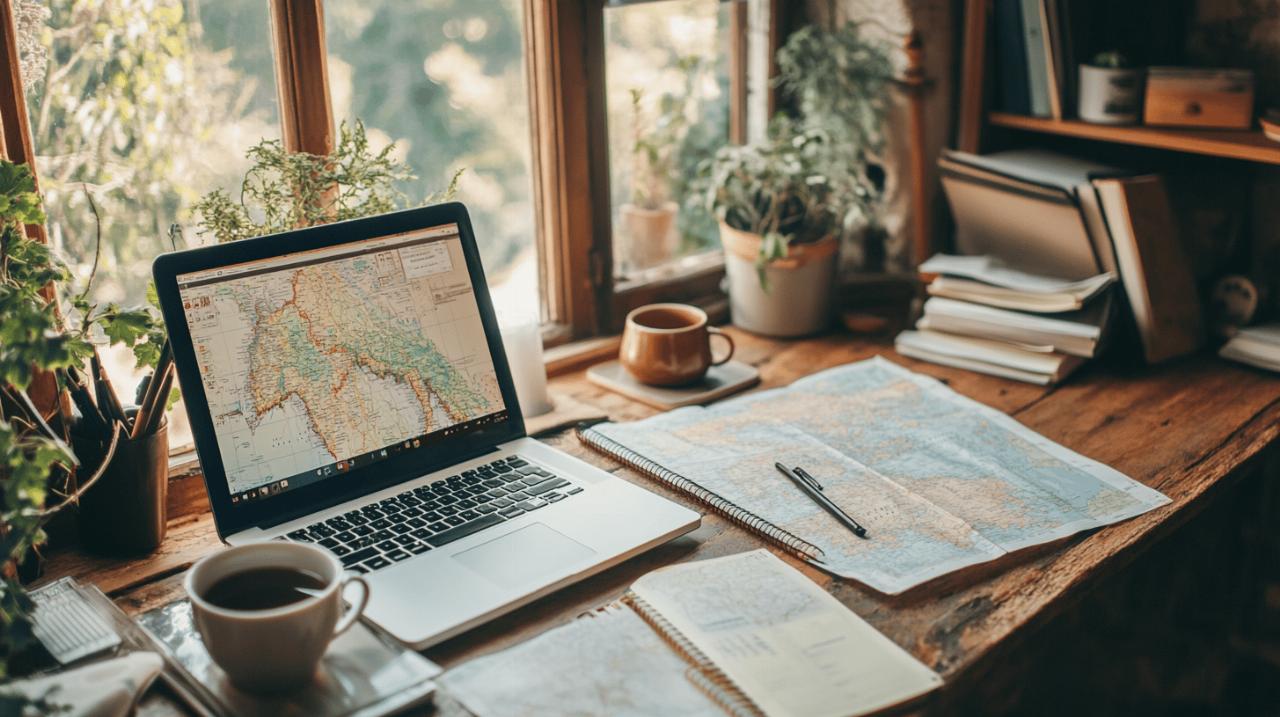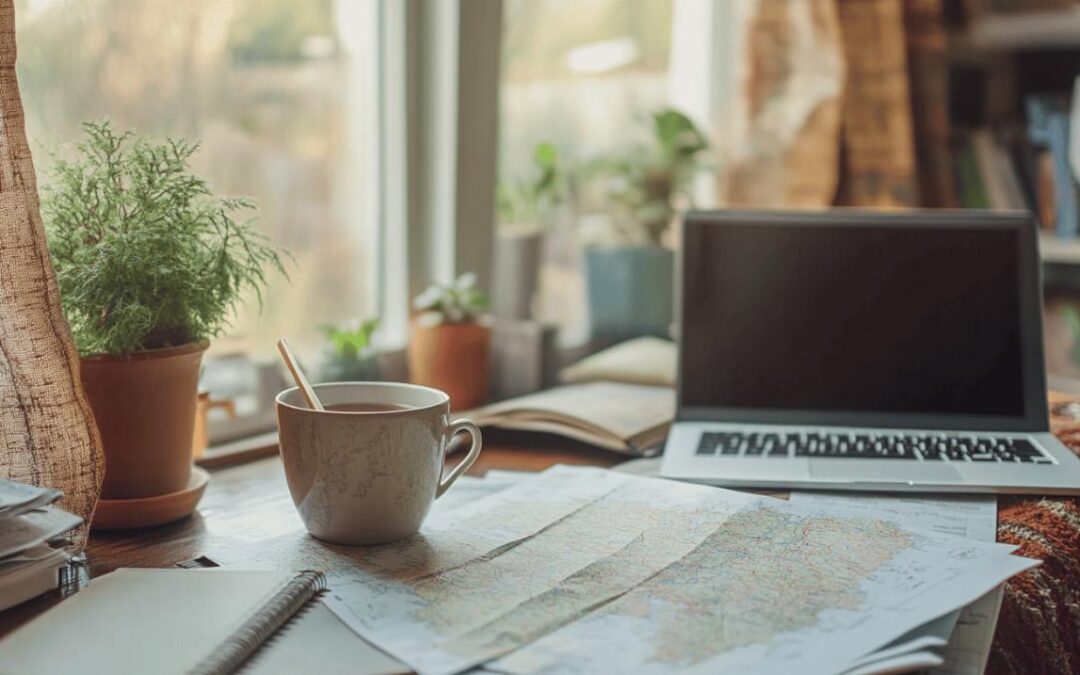Planning a trip can feel like a daunting task, but with the right approach, you can ensure a seamless and enjoyable experience from start to finish. Smart preparation is key to minimizing stress and maximizing enjoyment during your travels.
Preparation strategies to minimize travel anxiety
The perfect vacation requires thoughtful planning while maintaining enough flexibility to adapt to unexpected situations. Finding this balance helps create trips that are both well-organized and genuinely relaxing.
Creating a comprehensive packing system
Developing a methodical approach to packing can significantly reduce travel-related stress. Start by creating a detailed checklist several weeks before departure, categorizing items by necessity. Many experienced travelers use the PreparaTuViaje method of organizing belongings into clear packing cubes – separating clothes by type and daily outfits. Consider destination-specific needs like weather-appropriate clothing, necessary medications, and any special equipment for planned activities.
Setting up digital travel documents
Managing your travel documentation digitally provides peace of mind and easy access when needed. Create a dedicated folder on your phone or cloud storage containing scanned copies of your passport, insurance details, hotel reservations, and transportation tickets. Make sure these documents are accessible offline by downloading them before departure. The organized traveler always has a digital backup while keeping PreparaTuViaje strategies in mind when arranging all confirmation numbers, booking references, and emergency contacts in one secure location.
Designing your itinerary for maximum enjoyment
Planning a trip should be an exciting part of the journey, not a source of stress. Creating a well-thought-out travel itinerary helps ensure your vacation flows smoothly while still leaving room for spontaneous adventures. The key to stress-free travel lies in striking the right balance between structure and flexibility, allowing you to fully immerse yourself in your destination without feeling rushed or overwhelmed.
Balancing scheduled activities with free time
Many travelers fall into the trap of overscheduling, packing their days with too many activities and ending up exhausted rather than refreshed. A more balanced approach can transform your travel experience. Limit yourself to one major scheduled activity per day, or perhaps two if they complement each other well. Build your itinerary around 2-3 'Must Do' experiences that truly matter to you, rather than trying to see everything.
Remember to incorporate a dedicated 'Chill Day' with no scheduled activities every 3-4 days of your trip. This downtime allows you to recharge and process your experiences. Always build in buffer time for transportation delays and unexpected discoveries. Many travelers find that allowing time for wandering and exploration leads to their most memorable experiences. Keep in mind that you can always return to a destination in the future—you don't need to see everything in one visit.
Selecting accommodations for optimal relaxation
Your choice of lodging significantly impacts your overall travel experience. Strategic accommodation selection can minimize stress and maximize enjoyment. Whenever possible, pick lodging near your desired experiences to reduce transit time and simplify logistics. This approach lets you spend more time enjoying your destination and less time commuting between attractions.
Avoid one-night hotel stays when planning your itinerary, as constantly packing and unpacking adds unnecessary stress. Instead, establish comfortable bases from which you can explore surrounding areas. When booking accommodations, resources like Booking.com offer extensive options to suit various preferences and budgets. Many experienced travelers also recommend scheduling a buffer day at the end of your trip before returning to work. This transition day gives you time to reacclimate, unpack, and mentally prepare for your return to daily life, extending the benefits of your vacation.

